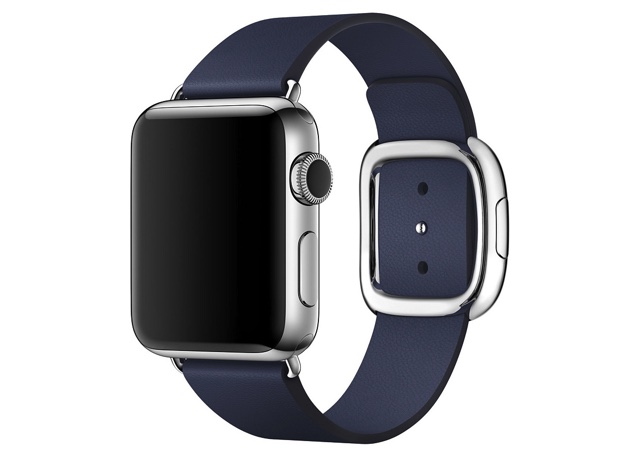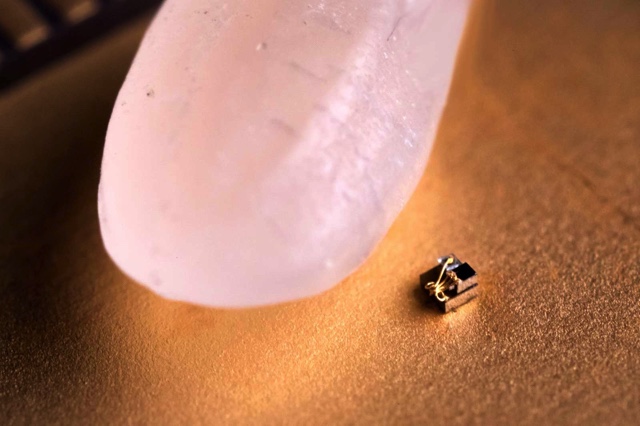 Welcome back! We're kicking off the week with some excellent smoothie blenders, tiny 'computers' that make rice grains look huge and an unintended consequence of smart home devices.
It's still available outside the country, though.Apple quietly kills Modern Buckle Watch band in the US 
Apple regularly kills off products in silence: It's how the super-expensive gold Edition watches and even something as big as the iPod Classic went the way of the dodo. This time, Apple has killed the Modern Buckle Apple Watch band, which was one of the first styles available for the device. It's not quite as huge as an iPod, but its removal could disappoint those who've been eyeing it for a while.
The connected household can be used in dark ways.Domestic abusers are exploiting smart home devices Smart home devices could carry unintended consequences for domestic-abuse survivors. The New York Times has conducted interviews which highlight how abusers are exploiting smart speakers, security cameras, doorbells and other connected devices to control, harass and stalk their targets. The perpetrators will not only spy on their partners but cause havoc with bursts of music, sudden changes in lighting or temperature and other attempts at intimidation.
Take this with a grain of... salt.
World's tiniest 'computer' makes a grain of rice seem massive 
Why the air quotes around computer? The tiny size of this thing is leading the university to question what a computer is. It does have a full-fledged processor (based on an ARM Cortex-M0+ design), but it loses all data when it loses power, just like IBM's device. That might be a deal-breaker for people who expect a more complete computer.
The firm promised it could harvest public data en masse.
Contractor hoped to sell social media surveillance to oppressive regimes The Intercept claims to have documents suggesting that Circinus, the defense contractor run by Trump fundraiser Elliott Broidy, planned to sell social media surveillance tools to governments still known for suppressing free speech, including Tunisia and the UAE. Circinus' tools harvest sites like Facebook and Twitter in a bid to find and identify detractors -- that is, political dissidents. But wait, there's more...
The Morning After is a new daily newsletter from Engadget designed to help you fight off FOMO. Who knows what you'll miss if you don't Subscribe. Craving even more? Like us on Facebook or Follow us on Twitter. Have a suggestion on how we can improve The Morning After? Send us a note.
via Engadget RSS Feed https://ift.tt/2Knwtwo |
Comments
Post a Comment